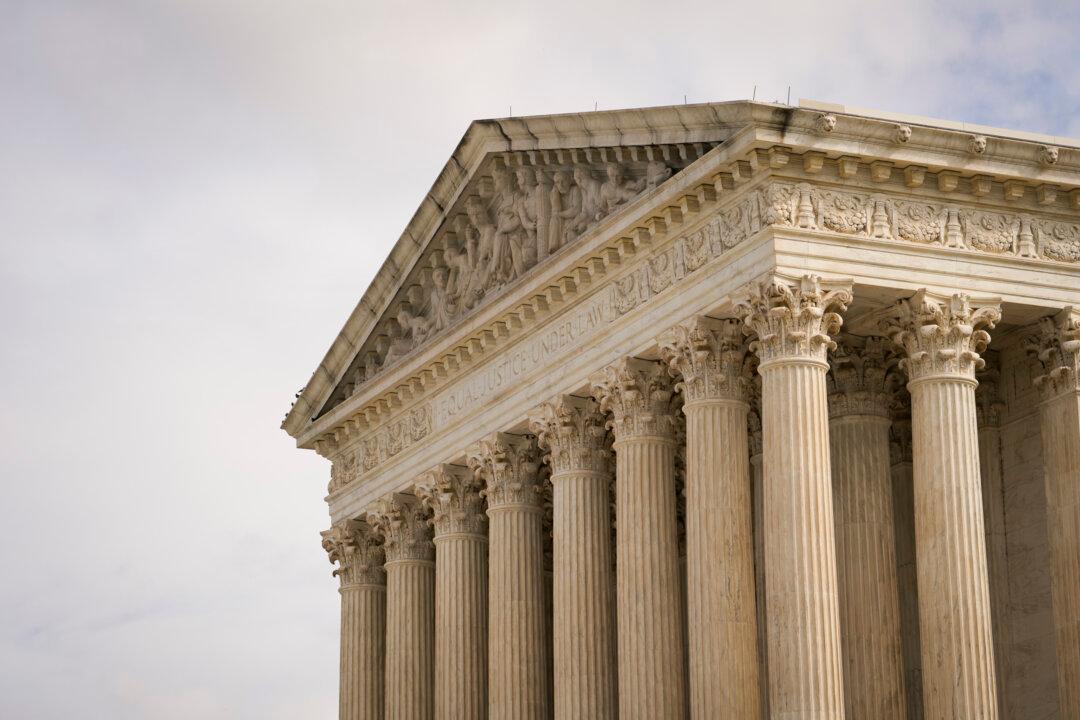The Supreme Court is expected to hear oral arguments for cases involving questions about maritime law and protections for whistleblowers in the financial industry on Oct. 10.
The first, Murray v. UBS Securities LLC, pertains to the Sarbanes-Oxley (SOX) Act of 2002, which Congress passed in the wake of corporate scandals such as the one at Enron. A provision of the law protects whistleblowers from retaliation if they report illegal behavior, but there is debate over how whistleblowers prove they were retaliated against.





